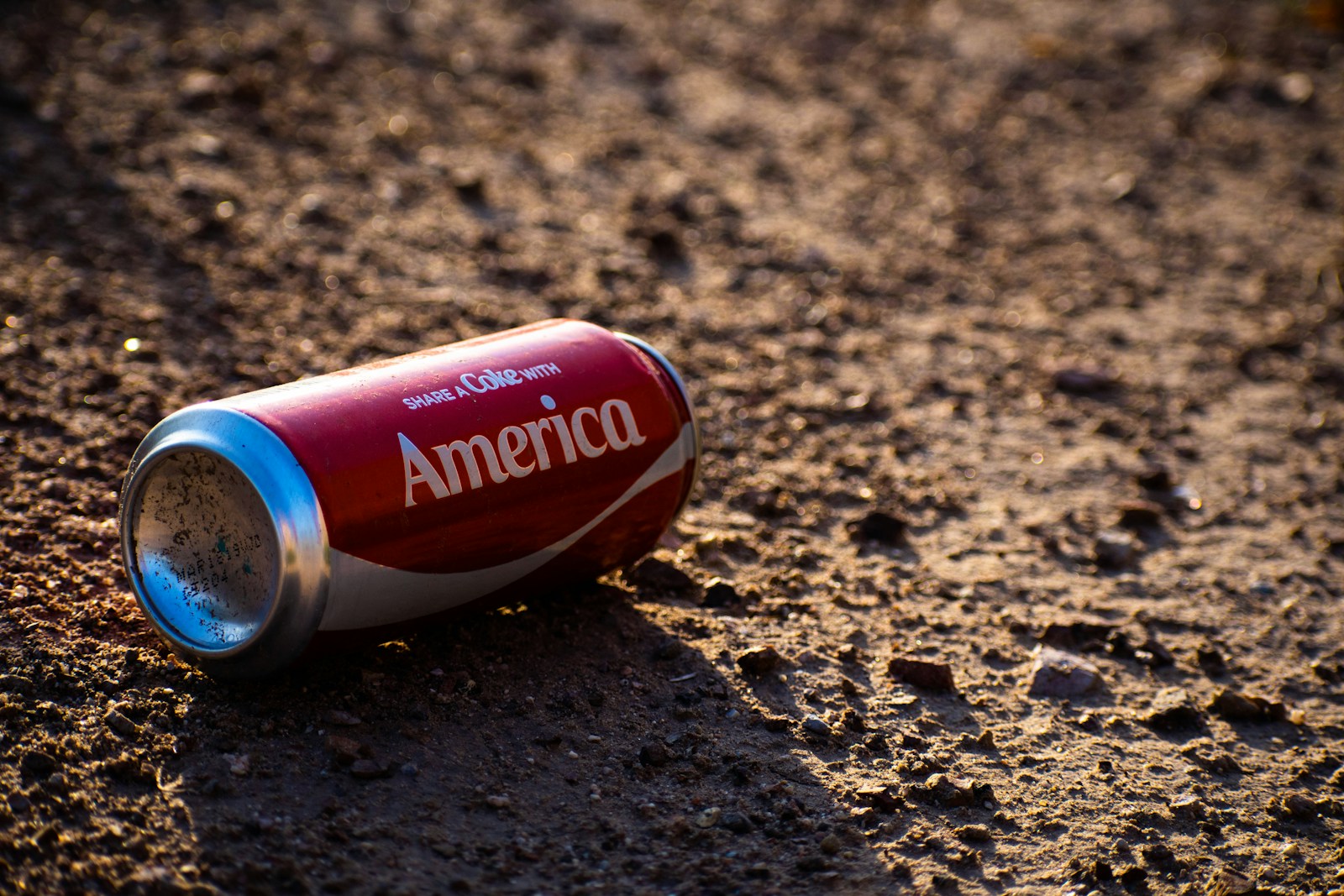
垃圾
lā jī

trash
The Chinese word '垃圾' is used to refer to waste or rubbish, similar to the English word 'trash'. It can be used in various contexts such as household rubbish, or to describe something that is considered to be of poor quality or value.
Example sentences using: 垃圾
我讨厌垃圾邮件。
wǒ tǎoyàn lājī yóujiàn.

I hate junk mail.
This sentence is expressing a strong dislike for unwanted ('junk') emails.
这房间像个垃圾场。
zhè fángjiān xiàng gè lājī chǎng.

This room is like a garbage dump.
This sentence indicates that the room is very messy, comparing it to a garbage dump.
我需要买垃圾袋。
wǒ xūyào mǎi lājī dài.

I need to buy garbage bags.
This is a statement about needing to purchase garbage bags for waste disposal.
你的垃圾桶在哪里?
nǐ de lājī tǒng zài nǎlǐ?

Where is your garbage can?
This sentence is asking the interlocutor where their rubbish bin is located.
我每天都需要清理垃圾邮件。
wǒ měitiān dōu xūyào qīnglǐ lājī yóujiàn.

I have to clean up junk mail every day.
This sentence indicates the need to frequently delete unwanted ('junk') emails.
这不是垃圾,这是回收物。
zhè búshì lājī, zhè shì huíshōu wù.

This is not rubbish, this is recyclable material.
This sentence distinguishes between waste and recyclable materials.
把垃圾扔进垃圾桶。
bǎ lājī rēng jìn lājī tǒng.

Throw the rubbish into the bin.
This sentence is instructing someone to dispose of their waste in the bin.
别做垃圾邮件的发送者。
bié zuò lājī yóujiàn de fāsòngzhě.

Don't be a sender of junk mail.
It is an advice not to send unwanted or spam emails.
别把垃圾扔在地上。
bié bǎ lājī rēng zài dì shàng.

Don't throw rubbish on the ground.
This is a directive to not litter, but instead to dispose of waste in appropriate receptacles.
这个垃圾食品对你的健康有害。
zhège lājī shípǐn duì nǐ de jiànkāng yǒuhài.

This junk food is harmful to your health.
In this context, '垃圾' is used to describe food that is poor in nutritional content and potentially harmful to health.